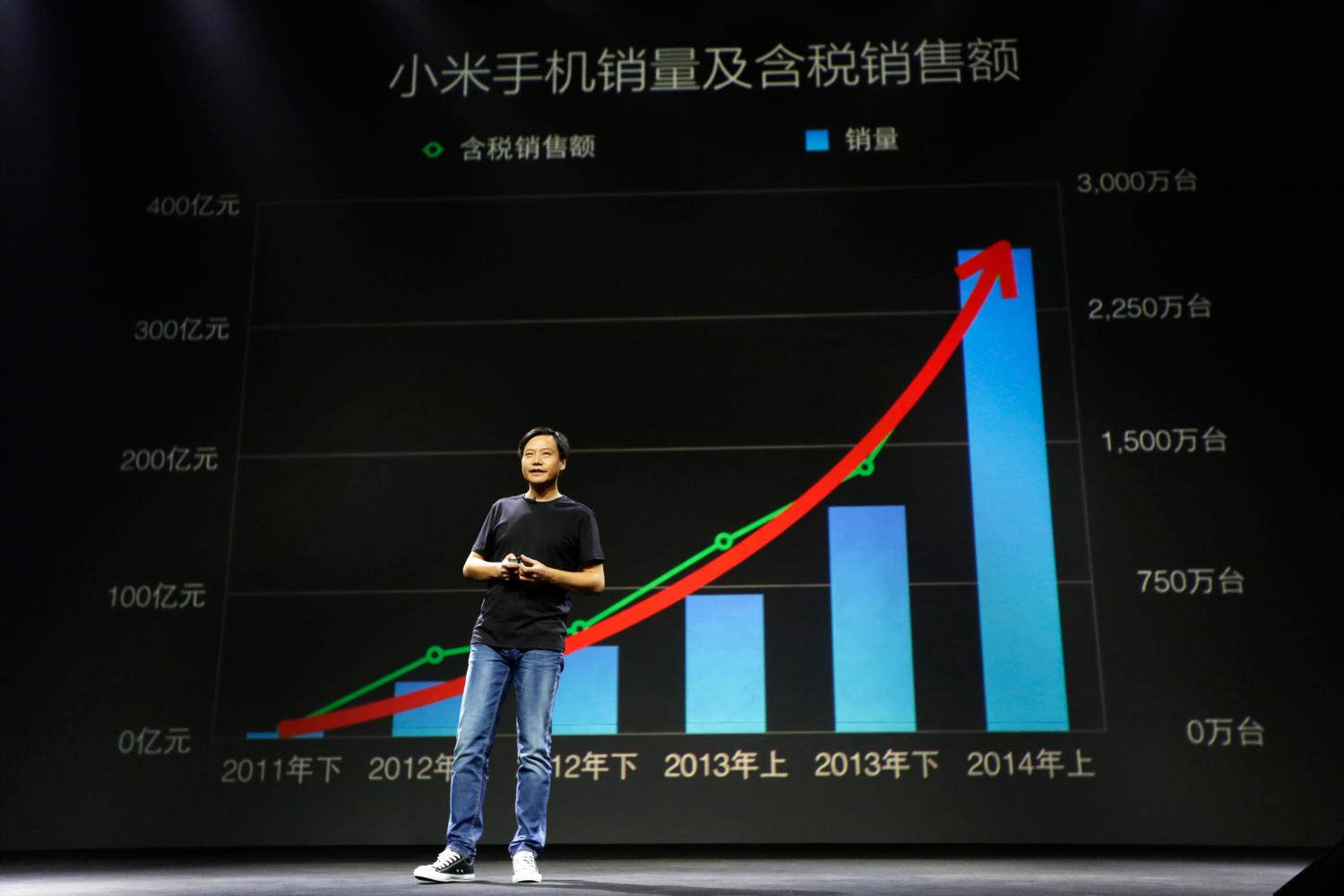The proliferation of mobile devices across the developed and developing world has dramatically increased the ways people and businesses connect. The mobile economy has sparked new industries and dramatically revolutionized both business practices and societal improvements worldwide.
Mobile technology has the potential to decrease health care costs by facilitating the delivery of care and access to medical information. In the area of learning, mobile applications can invigorate rural learning, enabling millions of students in developing countries to further their education in ways that would otherwise not exist.
Presently, the global mobile economy totals $1.6 trillion, or two percent of the world’s GDP. The continued growth of mobile applications will increase this output to $2 trillion by 2017. Darrell West examines the great potential of the mobile economy, identifying the countries across the globe that are becoming leaders in this growing industry. In this paper, West finds:
- Mobile technology adds significantly to global economic growth each year, adding up to 0.39 percent to GDP and hundreds of thousands of new jobs. There is evidence of multiplier effects on these outputs among developed and developing countries that invest in mobile infrastructure.
- The pace of research and development in countries affects their ability to design and build new products and services. Countries like Israel, Finland, and South Korea are leaders in R & D as a proportion of their GDP. While countries like China lag, Chinese residents now file more patents than any other country, followed by the United States and Japan.
- The global public increasingly view innovation and entrepreneurship as important for delivering societal benefits and economic development. Survey results detail the attitudes of these countries’ citizens, including viewing themselves as inventors; the belief that invention is important to society; the idea that invention drives economic growth; and the belief that their government’s lack of protection for inventor rights presents a barrier to innovation.
West concludes that countries must create an environment conducive to innovation, invest in mobile infrastructure, and work to maintain the connectivity and interoperability of networks that allows all to participate in the global system.
The Brookings Institution is committed to quality, independence, and impact.
We are supported by a diverse array of funders. In line with our values and policies, each Brookings publication represents the sole views of its author(s).




